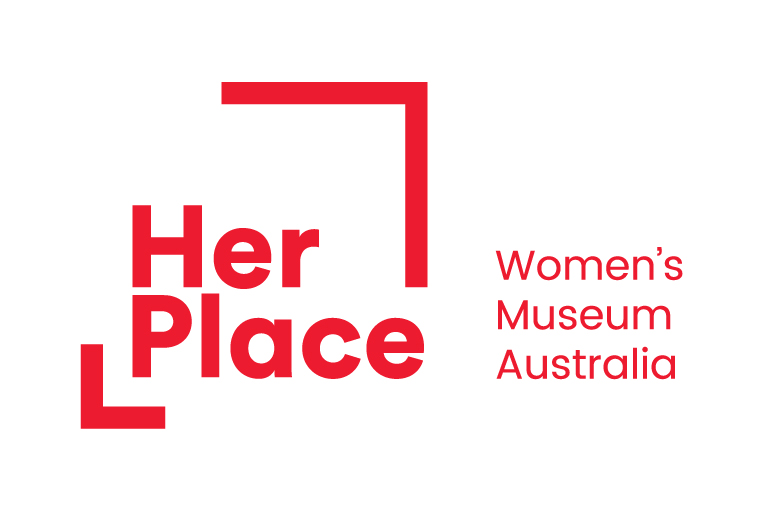DR MISTY JENKINS
‘I love what I do. I love the joy of discovery.’
Misty Jenkins has always wanted to make a difference. As a young girl growing up in Ballarat she was fascinated by how the body works and joined St John’s Ambulance, taking part in first aid competitions at a time that most of her peers were playing basketball.
After graduating, Misty was mentored by leading medical researcher and Nobel prize winner, Professor Peter Doherty. Her passion for learning and problem-solving remained strong and she is now a leading scientist in her fields of cellular immunology and cancer research. She holds the positions of NHMRC fellow and Immunology laboratory head at the Walter Eliza Hall Institute for Medical Research in Melbourne and has a number of major awards recognising her contributions to medical research.
She admits that it can take some time to step into the language and role of leadership. “I think women are much more reluctant to adopt those labels,” she says. “I know I have been. I had to give myself permission. I embrace it now, because it allows me to advocate for change and to stand up for things I believe in, so it’s important to recognise that to have a voice, sometimes you need a platform.”
A proud Gunditjmara woman, Misty is a positive force encouraging young people in the fields of STEM research, particularly Indigenous students. She recalls going out to Far Eastern Victorian to advocate for education; “Years later I was contacted by a student from that community who graduated from nursing and was going back to be a nurse. That was really powerful because it was the first time the penny dropped that by having more educated Indigenous Australians doesn’t just change one person’s life, it influences whole communities.”
Misty’s drive to make a difference is just as infectious as her advocacy, and her research lab asks big questions in order to solve them. “We want to successfully apply immunotherapy – that is, using the immune system – to treat cancer in the brain. I feel like this is something we can find the answer to in my life time. I’m filled with hope right now that we can actually start to treat and potentially cure some of these highly fatal brain cancers.”
